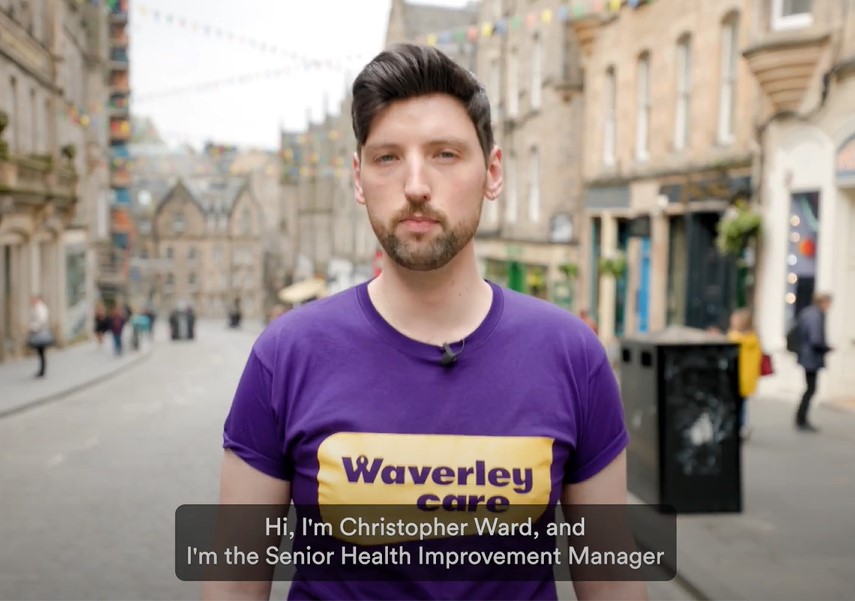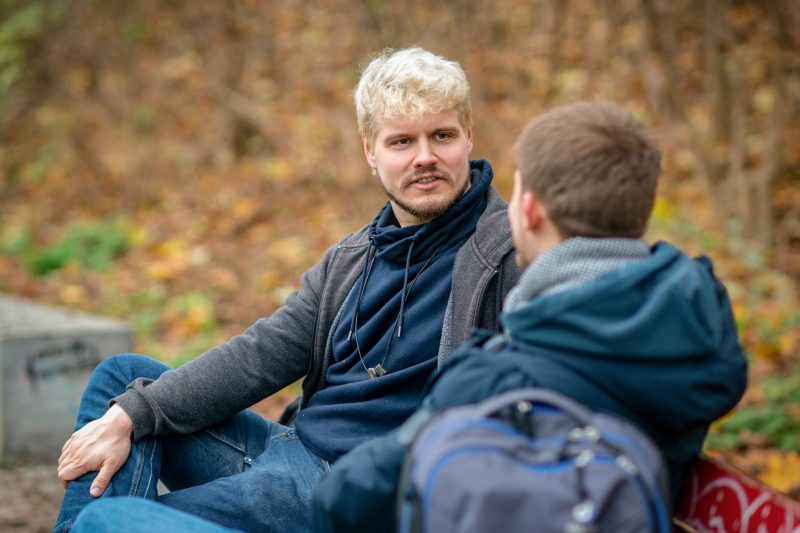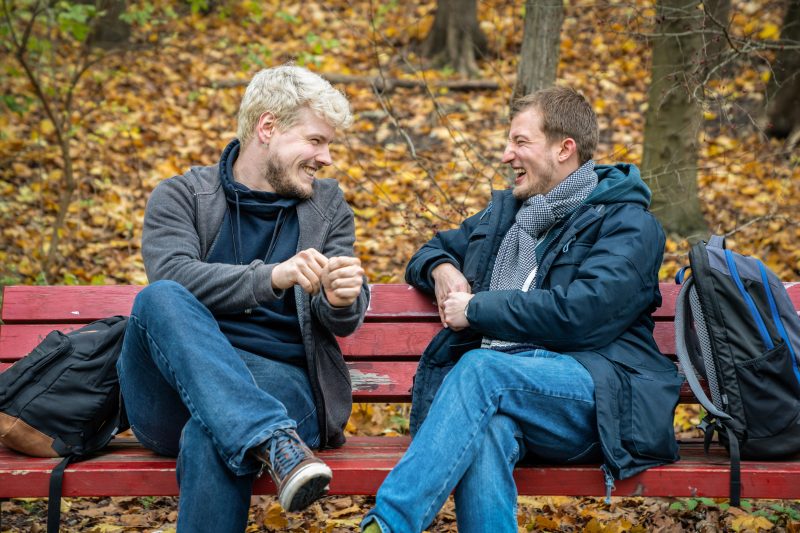
Advice for gay and bisexual men
SX’s work will now continue under the Waverley Care name!

SX’s work will now continue under the Waverley Care name!
Watch Health Improvement Managers Oliver and Chris talk about the recent changes to the way we deliver our services for gay and bisexual men
We are proud to support the LGBTQ+ community and aim to reflect the diversity of the people we work with in our services.
This section provides information on sex, health and wellbeing for gay, bisexual and all men who have sex with men living in Scotland.
Information and advice






